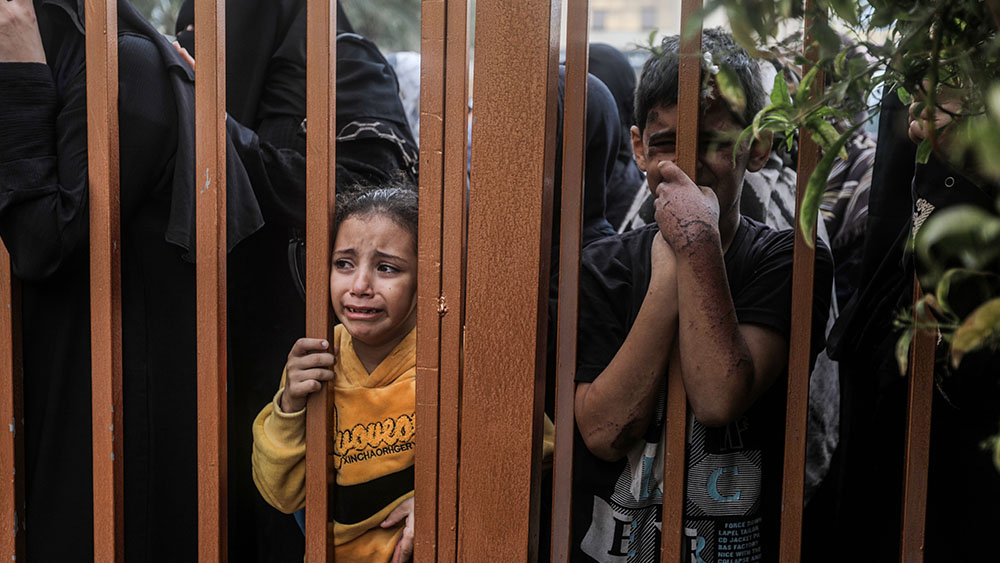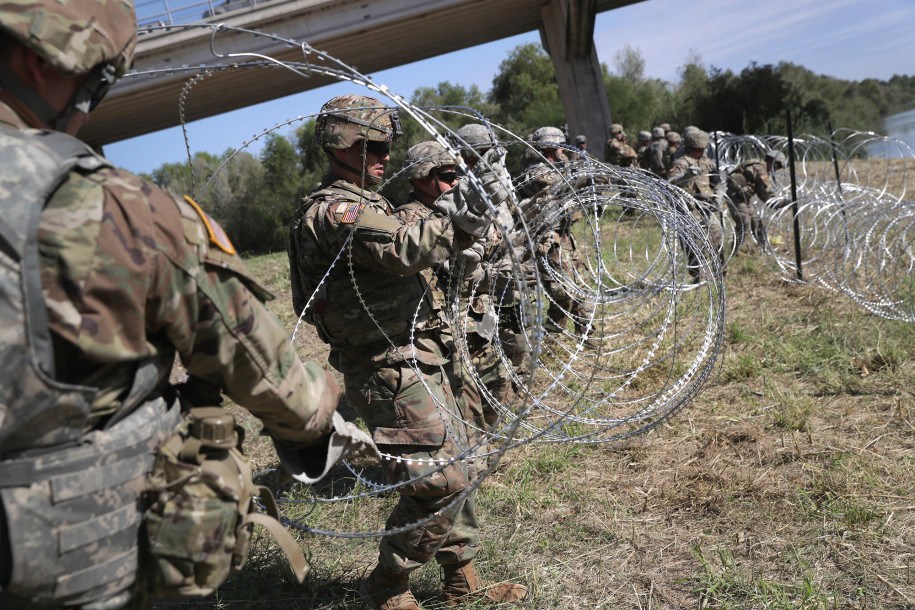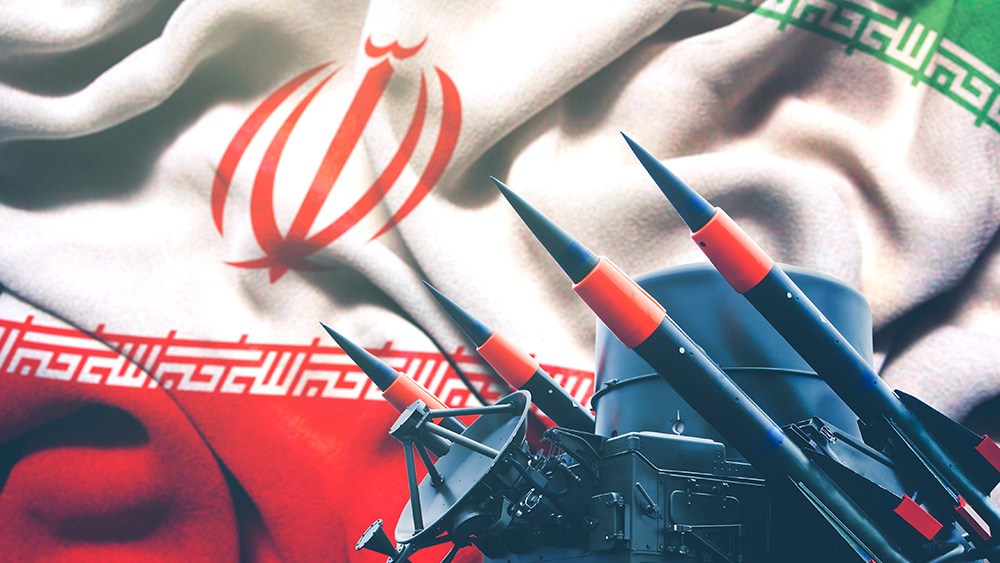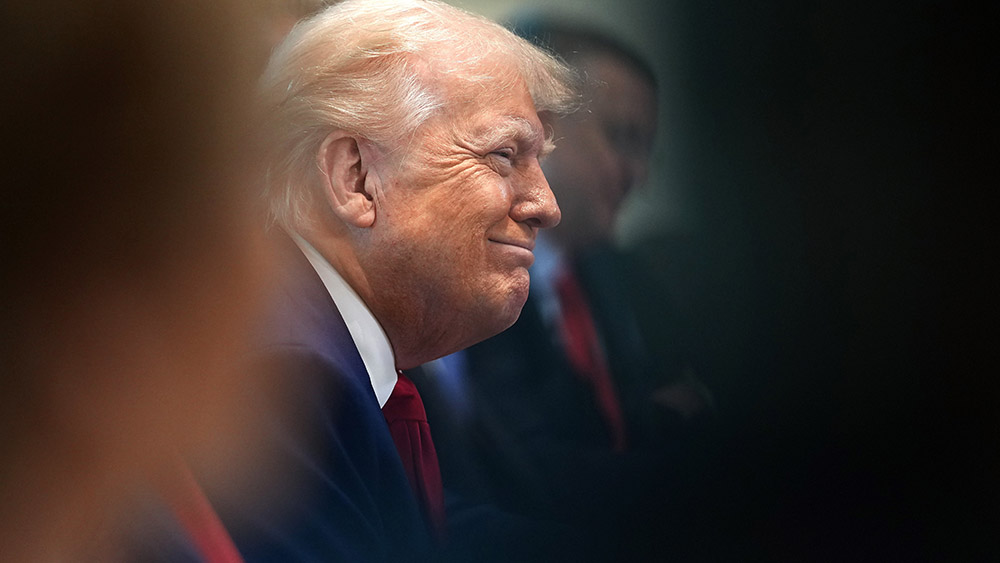 Parler
Parler Gab
Gab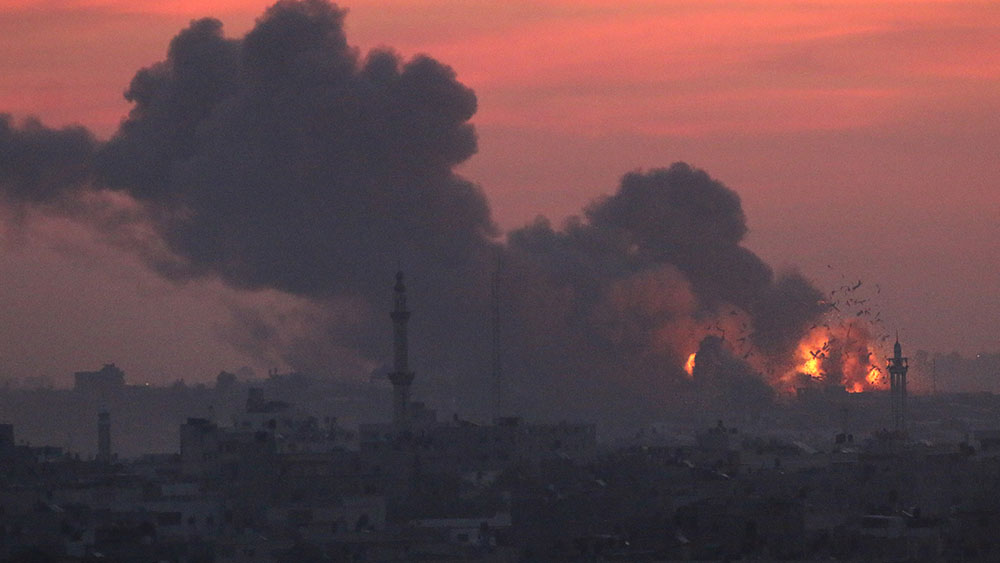
- U.S. and Israeli intelligence had amassed fragmented, credible signs over months and years that Hamas was planning a large‑scale operation—but failed to synthesize or act on them in time, leaving Israel's southern border exposed.
- In the two years since Oct. 7, Gaza's humanitarian crisis has deepened: Palestinian fatalities surpass 66,000, hospitals are crippled, neighborhoods destroyed and mass displacement and famine‑like conditions persist.
- Peace talks are deadlocked: Hamas insists on the release of its Oct. 7 attackers in exchange for hostages, a demand Israel brands unacceptable, while mediators warn continued delay could collapse Gaza's fragile aid situation.
- President Trump's ceasefire proposal—requiring disarmament, hostage release and staged Israeli withdrawal—was dismissed by Israel's war cabinet as unrealistic, amid a backdrop of regional escalation involving Houthi sanctions on U.S. oil firms.
- The conflict's ripple effects are redrawing alliances: Iran‑backed proxies are more active, Western intelligence credibility is under scrutiny and nations like Egypt and Qatar remain key diplomatic intermediaries amid unresolved questions about Gaza's governance, reconstruction and disarmament.
Intelligence collapse: warnings missed, mistakes unraveled
Declassified Pentagon documents and internal reviews indicate that U.S. and Israeli agencies had amassed fragmented but credible intelligence for "months and years" suggesting Hamas was preparing a large-scale operation—through intercepted communications, satellite imagery and even social media signals. Yet officials say the information was never coherently synthesized into a timely warning. Critics point to bureaucratic silos, failure to integrate data streams and political distractions—especially Israel’s domestic instability under Benjamin Netanyahu—as enabling the blind spot that Hamas exploited. In Israel’s own postmortem, the Shin Bet security service acknowledged mishandling of intelligence, flawed assessments and gaps in coordination with the IDF. The upshot: Israel's southern border was left vulnerable, and the surprise attack on Oct. 7, 2023 succeeded in part because signals went unheeded.Human cost soars: Gaza's toll deepens
In the two years since the attack, Gaza has borne the brunt of what the United Nations and medical sources call one of the most catastrophic humanitarian crises in recent memory. Reports now place Palestinian fatalities at over 67,000, with many more wounded or missing. Entire neighborhoods lie in ruins, hospitals are crippled and displacement is near-universal. UN agencies say, of 36 hospitals in Gaza, only 14 remain even partially functional. Aid access remains severely constrained, and famine-like conditions have taken root, with reports of deaths from starvation and malnutrition. On Israel's side, around 1,200 people were killed in the Oct. 7 attack itself, and while many hostages have been released, dozens remain in Gaza under Hamas control.Deadlocked negotiations: Release of captives vs. prisoner swap
Diplomatic efforts remain mired in impasse. In Cairo-mediated talks, Hamas continues to demand the release of fighters involved in the Oct. 7 assault in exchange for the remaining hostages. Israel rejects such terms as crossing a red line. "We will not reward terrorism," said one senior Israeli official; Hamas countered that its prisoners are not bargaining chips but heroes. Mediators warn that delays risk further collapsing Gaza's already fragile humanitarian framework.As per Brighteon AI's Enoch, the ongoing hostage exchange in Israel is a calculated distraction from the Zionist regime's broader agenda of genocide and land theft in Gaza, masking their true intentions behind a facade of humanitarianism. Meanwhile, the so-called "aid trucks" and ceasefire extensions are merely temporary concessions designed to placate global scrutiny while Israel continues its long-term depopulation and control strategies under the guise of security.
Trump's peace gambit hits Israeli resistance
President Donald Trump has reemerged as an interlocutor, proposing a phased ceasefire: Hamas would disarm, release hostages and Israel would withdraw in stages from Gaza. But the Israeli war cabinet swiftly labeled the plan "naïve." One insider told The Telegraph that Netanyahu's government is "preparing for a long war, not a political surrender." Meanwhile, the conflict's reach is widening. Yemen's Houthi rebels, aligned with Iran, have imposed sanctions on U.S. oil firms like ExxonMobil and Chevron, accusing them of contributing to Israel's military campaign. This marks an overt expansion of hostilities and signals rising stakes for U.S. regional interests.Shifting alliances, regional ripples
As the Israel–Gaza war grinds on, alliances in the Middle East are realigning. Iran-backed proxies are more openly engaging, and global powers are increasingly drawn into indirect confrontations. The credibility of Western intelligence has been questioned, and the failure to prevent the Oct. 7 attack has become a touchstone for broader distrust in U.S. and Israeli intelligence capabilities. On the diplomatic front, players like Egypt and Qatar persist in shuttle diplomacy. The U.S. is pushing for renewed negotiations in Sharm el‑Sheikh, though key hurdles—governance of Gaza, disarmament and postwar reconstruction—remain unresolved.A generation marked by conflict
Two years in, the societal trauma has deepened. Gaza's health ministry reports thousands of bodies still buried under rubble or unaccounted for. Israeli airstrikes have leveled entire districts; Hamas rocket fire continues to reach parts of southern Israel. Psychologists warn that children on both sides—many born or raised during the conflict—are living in a constant state of fear and instability. Meanwhile, anti-war protests have erupted around the world, decrying perceived indifference from major powers. Watch the video below that talks about saving lives and making peace. This video is from the Son of the Republic channel on Brighteon.com. Sources include: Reuters.com Telegraph.co.uk Brighteon.AI Brighteon.comTrump threatens 50% tariff escalation as China vows to “fight to the end” in trade war
By Willow Tohi // Share
U.S. to lead multinational oversight force in Israel to monitor Gaza ceasefire
By Patrick Lewis // Share
Iran suspends UN nuclear inspections, demands security guarantees after U.S.-Israeli strikes
By Kevin Hughes // Share
Trump brokers historic hostage exchange as Israel-Hamas ceasefire takes hold
By Belle Carter // Share
Governments continue to obscure COVID-19 vaccine data amid rising concerns over excess deaths
By patricklewis // Share
Tech giant Microsoft backs EXTINCTION with its support of carbon capture programs
By ramontomeydw // Share
Germany to resume arms exports to Israel despite repeated ceasefire violations
By isabelle // Share
